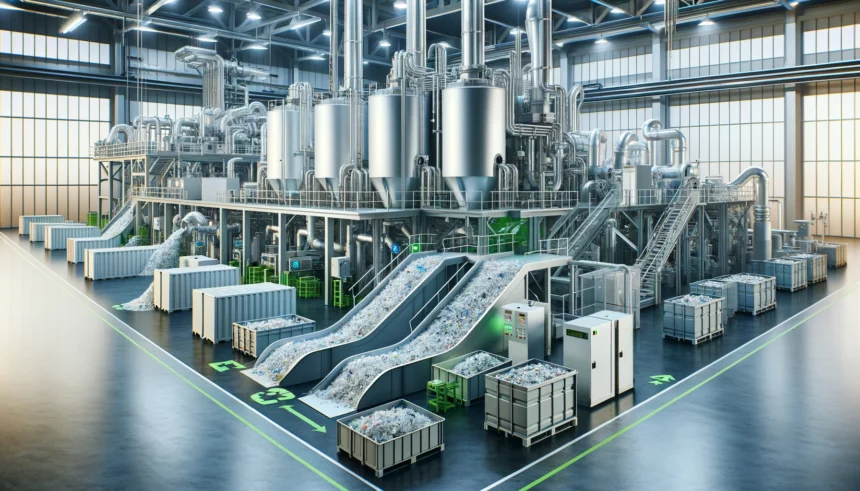BioBTX Innovates Plastic Waste Recycling
BioBTX, a pioneering Dutch company, is making significant strides in the environmental sector by turning discarded plastic into valuable hydrocarbons. These chemicals, which include benzene, toluene, and xylene, are critical components used in manufacturing a variety of products ranging from everyday bottles to complex batteries.
Scaling Up for Global Impact
Following a successful funding round of €80 million, BioBTX is set to enhance its operations by constructing a new facility in Groningen. This plant aims to process 20,000 tonnes of plastic waste annually, transforming it into high-demand chemicals. This process not only recycles waste but also reduces the need for new crude oil extraction, thereby decreasing overall carbon emissions.
The funding will support the completion of a larger production facility, signaling a major advancement in sustainable chemical manufacturing. The project has garnered significant support from notable investors including Invest-NL, Infinity Recycling, and Covestro, with additional financial backing from the Dutch government, emphasizing its potential impact and viability.
Economic and Environmental Promise
BioBTX’s technology, known as Integrated Cascading Catalytic Pyrolysis, has been in the demonstration phase at the PETRA Circular Chemicals Plant in Delfzijl since April 2022. The partnership with Norwegian firm Agilyx has further positioned BioBTX to scale its operations, responding to the growing global demand for sustainable chemical solutions.
The market for benzene alone, a key product of BioBTX’s recycling process, is expected to reach nearly $92 billion by 2031, highlighting the significant economic opportunity for sustainable practices in the chemical industry.
“This funding marks a critical milestone in our journey towards a more sustainable chemical sector, and we are thrilled to lead this initiative right from Groningen,” said Ton Vries, CEO of BioBTX.
Internal Links:
External Links:
BioBTX’s approach not only highlights the potential to reduce environmental impact through innovative recycling technologies but also showcases the economic benefits of sustainable practices within the chemical industry. As they move forward, the potential for this technology to revolutionize waste management and chemical production continues to grow, promising a greener future.
















